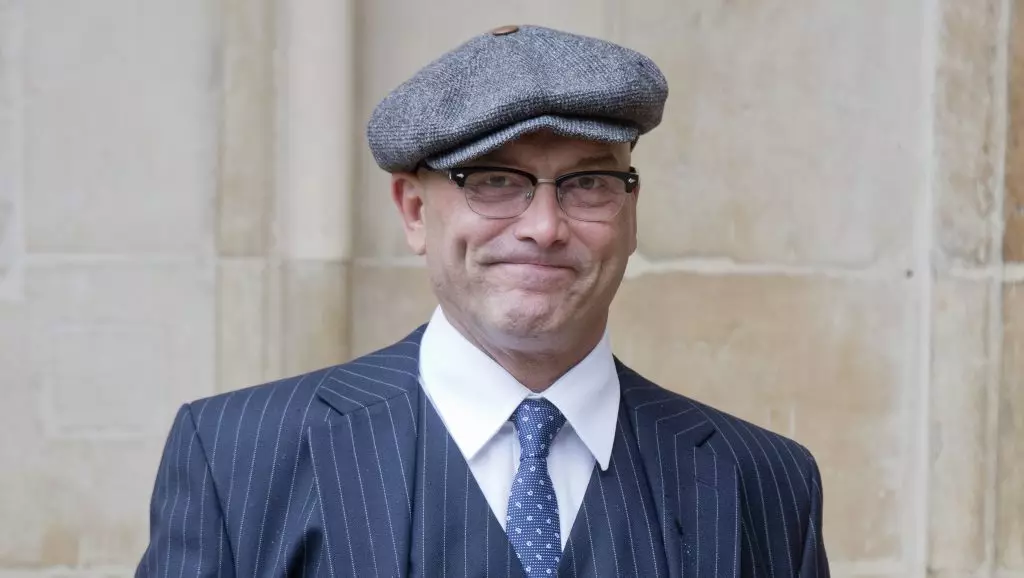In the highly scrutinized entertainment industry, figures like Gregg Wallace often appear as icons of stability and expertise. Yet, beneath the polished veneer lies a tangled web of personal challenges, institutional support, and societal expectations. The recent revelations surrounding Wallace’s misconduct allegations and the subsequent industry response shed light on the profound difficulties public figures face when their personal vulnerabilities intersect with professional responsibilities. It is increasingly clear that our approach to accountability must evolve beyond simplistic judgments to encompass nuanced understanding, compassion, and a focus on systemic change.
The Role of Corporate Care in Managing Controversy
Banijay UK’s decision to hire a dedicated welfare specialist demonstrates a growing awareness within the industry about the importance of safeguarding mental health in the face of crisis. Providing bespoke support to Wallace for several months indicates that organizations are beginning to recognize that behind every controversy lies a human being potentially battling complex issues. While some may view this as a strategic move to protect corporate reputation, it also raises important questions about how empathetic responses can both mitigate risk and provide space for genuine healing. Supporting individuals through periods of intense scrutiny can prevent tragedies, such as mental health breakdowns or worse, suicides, which have tragically occurred in similar contexts.
The Tension Between Justice and Compassion
Wallace’s case underscores a core tension: how do institutions balance the need for accountability with empathy for individuals suffering from mental health challenges? Wallace has admitted to using inappropriate language but denies allegations of groping, citing autism as a factor influencing his behavior. While neurodiversity specialists have provided insights into his social and sensory sensitivities, these explanations should not serve as a shield from scrutiny or accountability. Instead, they highlight the necessity for tailored behavioral interventions and ongoing support—not avoidance or minimization. This situation challenges us to rethink how mental health conditions are integrated into disciplinary frameworks within high-pressure environments.
Institutional Failings and the Cost of Silence
The extensive investigation by Lewis Silkin and the BBC’s internal review reveal a broader pattern of oversight and, perhaps, institutional apathy. The BBC’s decision to sever ties with Wallace, citing concerns about safety and reputation, signifies a move toward prioritizing organizational integrity. However, it also exposes how systemic issues—such as inadequate safeguarding measures and failure to address early warning signs—contribute to prolonged suffering for victims and unintended harm to those accused. The repeated findings of concerning incidents dating back over a decade suggest that unless proactive safeguards are consistently implemented, cycles of misconduct will persist.
Challenging Cultural Norms in Media
Perhaps most compelling is the societal reflection prompted by this saga. The media industry functions as a mirror of broader cultural attitudes toward authority, gender, and disability. Wallace’s claim of disability discrimination and his outspoken defense of his conduct reveal underlying tensions about how society perceives neurodiversity and behavioral norms. While advocating for fairness, these claims risk undermining the seriousness of misconduct allegations when used in dismissive or defensive ways. Moving forward, a more sophisticated cultural dialogue is needed—one that respects neurodiversity while asserting the importance of respectful boundaries and professional conduct.
Towards a More Human and Accountable Industry
Ultimately, the case of Gregg Wallace invites a reevaluation of how fame, power, and personal vulnerability interact within the entertainment sector. It underscores the necessity for industries to foster environments of transparency, support, and accountability. There must be recognition that public figures are not immune to personal struggles—yet, accountability cannot be sidestepped under the guise of mental health. Rather, a concerted effort is required to develop systemic safeguards that protect both individuals and the larger community. Responsible stewardship of talent involves compassion, but also unwavering adherence to ethical standards, ensuring that dignity and safety are prioritized above all.

